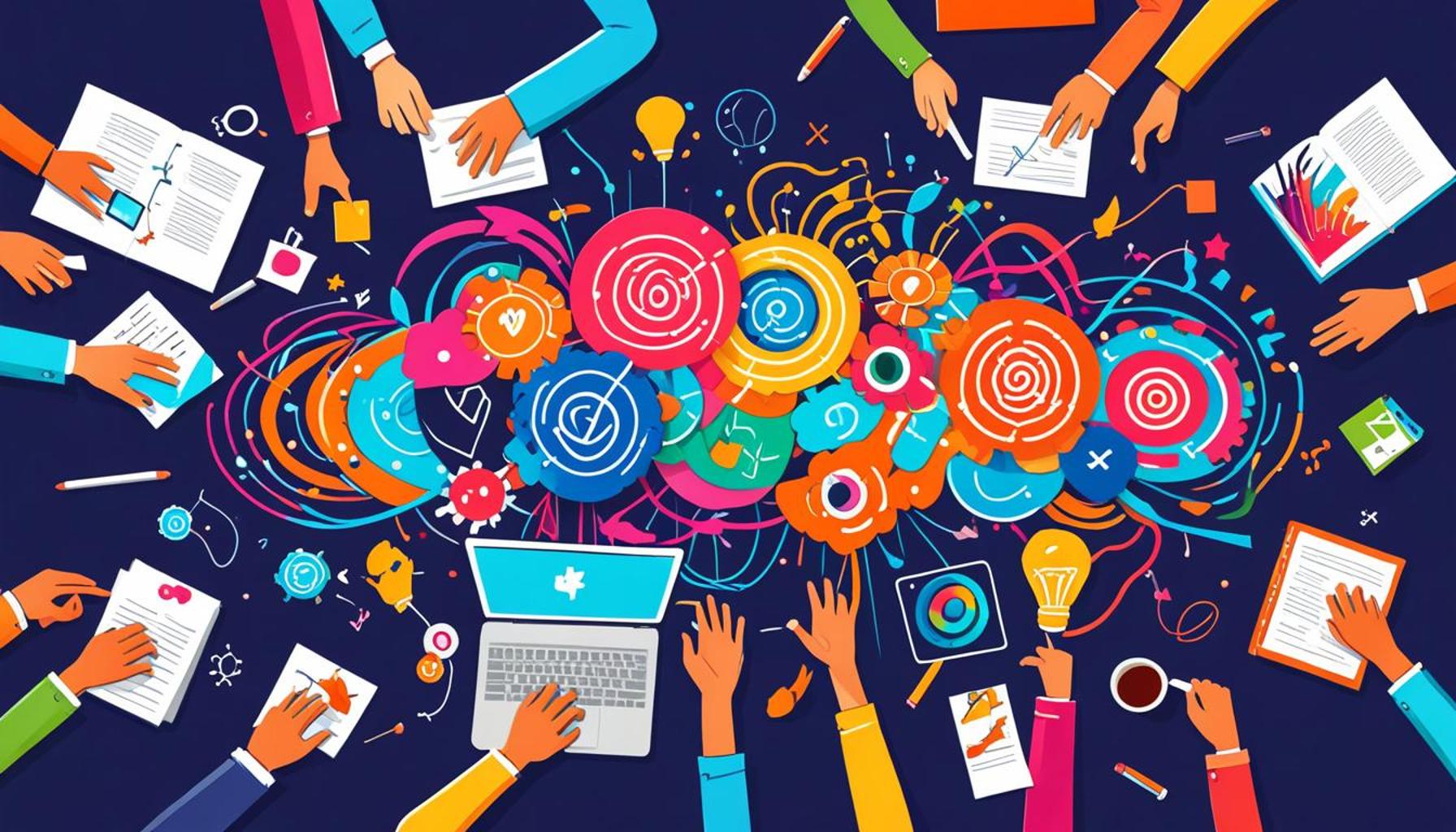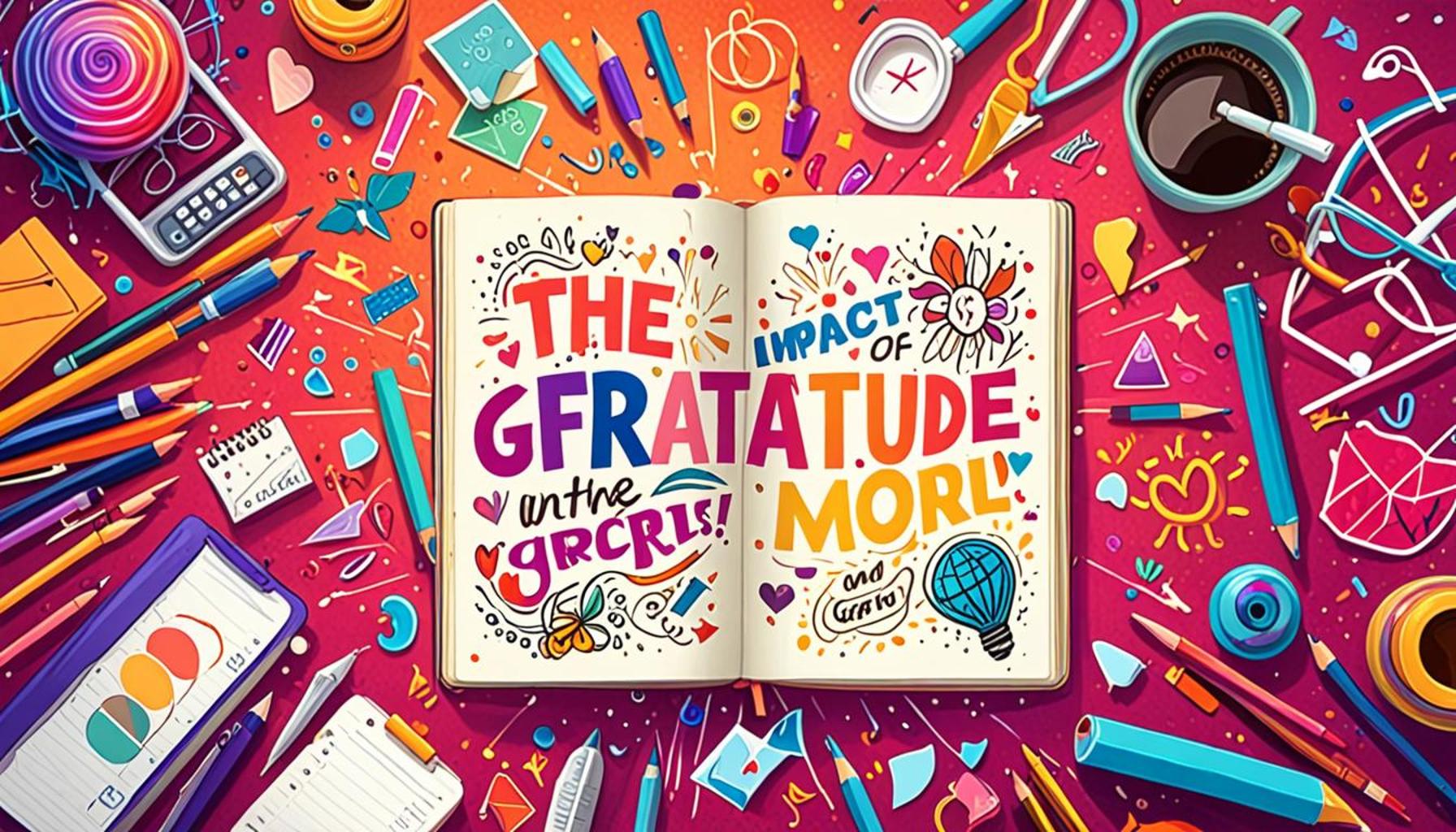Goal Review Techniques: Learning from the Past to Grow in the Future

The Importance of Reflection in Personal and Professional Growth
In today’s fast-paced environment, the ability to continually assess and refine one’s personal and professional objectives is not just beneficial—it is necessary. Across Nigeria, professionals and individuals are increasingly coming to terms with the significance of retrospective evaluation as a pathway to achieving their aspirations. By reflecting on past experiences, one can uncover invaluable insights that pave the way for future success.
Understanding Self-Reflection
Self-reflection plays a pivotal role in this process. It involves not only evaluating prior goals but also understanding the underlying motivations and the outcomes associated with those efforts. For example, a young entrepreneur in Lagos may look back on a failed startup and consider what drove them to that venture—was it market demand, personal passion, or perhaps a misguided sense of confidence? Such reflection can help pinpoint what changes might be necessary for future endeavors.
The Power of Feedback
An additional component of effective goal revision is feedback collection. This involves reaching out to peers, mentors, or even clients to gather diverse perspectives on one’s performance. For instance, attending networking events or workshops in cities like Abuja or Port Harcourt can create opportunities for meaningful interactions. Listening to the experiences and advice of others can shine a light on blind spots and provide practical suggestions that enhance self-awareness and overall effectiveness.
Strategies for Adjustment
Moreover, it’s essential to incorporate adjustment strategies. What worked in the past? What didn’t? Such questions should guide individuals in making informed pivots. For instance, if a marketing strategy led to dismal results, it’s crucial to analyze the approach taken—was the target audience correctly identified? Were the channels of communication effective? By systematically addressing these inquiries, one can develop strategies that not only avoid past pitfalls but also capitalize on newly identified opportunities.
The application of these techniques fosters a culture of continuous improvement, drastically enhancing not only personal development but also overall productivity. In Nigeria’s competitive landscape, where the pursuit of excellence is a constant race, these practices can serve as critical tools for success, turning challenges into stepping stones.

As one embarks on the path of goal assessment, it’s vital to remember that every setback carries a lesson and that each lesson serves as a building block for greater achievements. By leveraging these insights and embracing the potential for growth, individuals can indeed propel themselves towards a more promising future. By instilling these practices into daily routines, one can cultivate a mindset that thrives on reflection and innovation, ultimately leading to sustainable success.
LEARN MORE: This related article may interest you
Utilizing Analytical Tools for Effective Goal Review
As professionals and individuals embark on their journey of goal evaluation, leveraging various analytical tools becomes paramount. These tools not only aid in assessing past achievements and failures but also assist in aligning future objectives with personal values and market trends. By adopting a structured approach, individuals can deepen their understanding of what drives their success, thus setting the stage for informed decision-making.
Data Analysis: A Quantitative Approach
In many sectors, especially within the tech-savvy landscape of Nigeria, embracing data analysis is critical. For instance, a business owner in Lagos might use metrics from previous sales campaigns to evaluate which strategies yielded the highest returns. This process often involves:
- Identifying Key Performance Indicators (KPIs): These metrics serve as a compass, guiding entrepreneurs on what measures signal success within their objectives.
- Comparative Analysis: Reviewing data over different periods to discern trends, enabling individuals to forecast future outcomes based on past results.
- Implementing Data Visualization Techniques: Tools like charts or graphs can turn complex data into digestible insights, facilitating better understanding among team members.
Incorporating these strategies creates a culture of informed deliberation, allowing businesses and individuals to make decisions that are not only grounded in past performance but also reflective of emerging opportunities.
The Role of Journaling in Goal Assessment
Journaling has gained significance as a reflective practice that complements analytical reviews. Many Nigerians are discovering the power of documenting their experiences, thoughts, and feelings regarding their goals. This age-old practice fosters an intimate connection with personal progress. Writing about past endeavours allows individuals to:
- Chronicle Experiences: Keeping a record helps in reviewing what worked well and what fell short.
- Explore Emotions and Motivation: Understanding the emotional drivers behind successes and failures can lead to informed adjustments in future goal setting.
- Cultivate Accountability: Regularly documenting intentions reinforces commitments, serving as a personal accountability measure.
These reflective writings can become a valuable reference point, offering insights that enhance clarity and motivation when tackling future challenges.
As we navigate the complexities of goal review techniques, it is essential to integrate both analytical tools and reflective practices. This dual approach equips individuals with a well-rounded perspective, facilitating continuous growth and innovation. Ultimately, the ability to synthesise data with personal insights creates a fertile ground for personal and professional evolution, positioning individuals to not only learn from past experiences but also to lay a robust foundation for future success.
| Technique | Advantages |
|---|---|
| Reflective Journaling | Provides clarity on past experiences and helps identify patterns. |
| Goal Adjustment | Allows for flexibility in adapting goals based on previous outcomes. |
Growing from past experiences is an essential component of effective goal-setting. Employing reflective journaling encourages individuals to document their thoughts and emotions, offering insights into their motivations and decisions. This technique not only fosters self-awareness but also unveils recurring patterns that can be addressed for better future performance.Another powerful approach is goal adjustment, which emphasizes evaluating goals continuously and making necessary changes through the lens of prior experiences. By not being rigid, individuals can adapt their objectives based on what has worked or failed, leading to enhanced chances of success. This cyclical process of reflection and adaptation is what fosters true personal growth, making it a vital strategy for anyone looking to improve their capabilities and outcomes. Incorporating these goal review techniques into your routine can accelerate learning, boost productivity, and set a foundation for sustained achievement in various aspects of life.
YOU MAY ALSO LIKE: Read read another article
Reflecting on Experiences: The Power of Feedback Loops
In the vast landscape of personal and professional development, establishing feedback loops is essential for honing goal review techniques. Feedback loops encompass regular and structured evaluations that loop back to inform future actions. For many individuals in Nigeria, where communal feedback is culturally significant, engaging in this process can yield profound insights.
Peer Reviews: Harnessing the Power of Collective Insight
Engaging peers in the evaluation process can serve as an effective method for gaining diverse perspectives. In workplaces across Nigeria, from bustling Lagos offices to creative hubs in Port Harcourt, teams are beginning to recognize the value of peer reviews in refining their goals. This collaborative approach involves:
- Conducting Regular Check-ins: Scheduled sessions allow team members to discuss their objectives openly, providing constructive feedback and sharing resources.
- Encouraging an Open Culture: Creating a safe environment where team members can share their thoughts fosters an atmosphere of trust and collective growth.
- Leveraging Strengths: By understanding the diverse skill sets within a group, individuals can learn from one another, enriching their own goal-setting process.
The insights gained from peer feedback not only aid in refining individual objectives but also enhance group cohesion, resulting in better overall outcomes. This iterative process exemplifies how collaboration can drive progress.
Using SWOT Analysis to Identify Opportunities
Another effective technique for evaluating goals is the SWOT analysis. This strategic tool is particularly valuable for individuals and businesses in Nigeria, where understanding market dynamics plays a crucial role. By analyzing Strengths, Weaknesses, Opportunities, and Threats, individuals can gain a comprehensive view of their position. This practice involves:
- Mapping Internal Strengths and Weaknesses: Identifying personal or organizational abilities can help in leveraging these traits in future initiatives.
- Spotting External Opportunities and Threats: Understanding the external environment allows for informed adjustments to goals in response to market changes or emerging trends.
- Creating Action Plans: Based on the analysis, individuals can set actionable objectives tailored to capitalize on strengths while mitigating weaknesses.
For instance, a young entrepreneur in Abuja conducting a SWOT analysis may discover untapped online market opportunities by noting their own strong digital marketing skills, positioning them favorably against competitors who lack similar expertise.
Mind Mapping: Visualizing Goal Progression
Mind mapping has emerged as a popular technique for organizing thoughts and tracking goal progression. For individuals in Nigeria, where creative expression is vital, this method enables one to visualize relationships between past achievements and future objectives. Through mind mapping, individuals can:
- Organize Ideas: Structuring goals visually helps to clarify thoughts and identify potential challenges.
- Encourage Creativity: This dynamic approach stimulates innovative thinking by allowing individuals to explore connections they may have overlooked.
- Enhance Focus: With a clear visual representation, distractions diminish, making it easier to concentrate on actionable steps toward goal attainment.
By adopting these techniques—whether through peer review, SWOT analysis, or mind mapping—individuals can effectively engage in self-reflection. This process is critical in not only honing their goal-setting strategies but also in fostering a forward-thinking attitude rooted in lessons learned from past experiences.
LEARN MORE: This related article may interest you
Conclusion: Embracing Continuous Growth Through Goal Review Techniques
In conclusion, the journey of personal and professional growth is inherently tied to our ability to engage in effective goal review techniques. As we’ve explored, tools such as peer reviews, SWOT analysis, and mind mapping play critical roles in helping individuals and teams reflect on their past experiences and formulate actionable strategies for the future. By leveraging these techniques, individuals can not only refine their objectives but also build a robust framework for continuous improvement.
In Nigeria, where community and collaboration are part of the cultural fabric, implementing these techniques can foster an environment of shared learning and mutual support. The insights gained from peer interactions and collective evaluations enhance not only personal accountability but also enrich the team dynamics that drive success.
Furthermore, conducting thorough evaluations of both internal strengths and external opportunities enables individuals to remain adaptive in a rapidly changing landscape. The creative visualization afforded by mind mapping encourages clarity and focus, ensuring that goals align with a deeper understanding of one’s journey.
As we move forward, it is essential to embrace the lessons learned from past experiences while remaining agile in our goal-setting processes. By continually refining our techniques and encouraging collaboration, we lay the groundwork for a brighter future, paving the way not just for personal success but also for collective advancement within our communities. With this mindset, let us commit to the journey of self-discovery, resilience, and continual growth.


